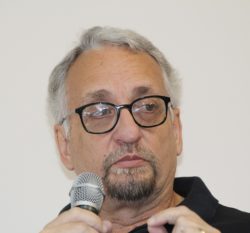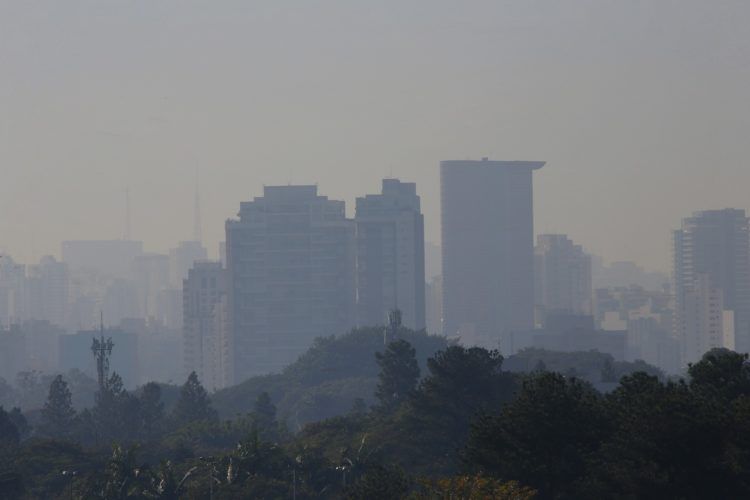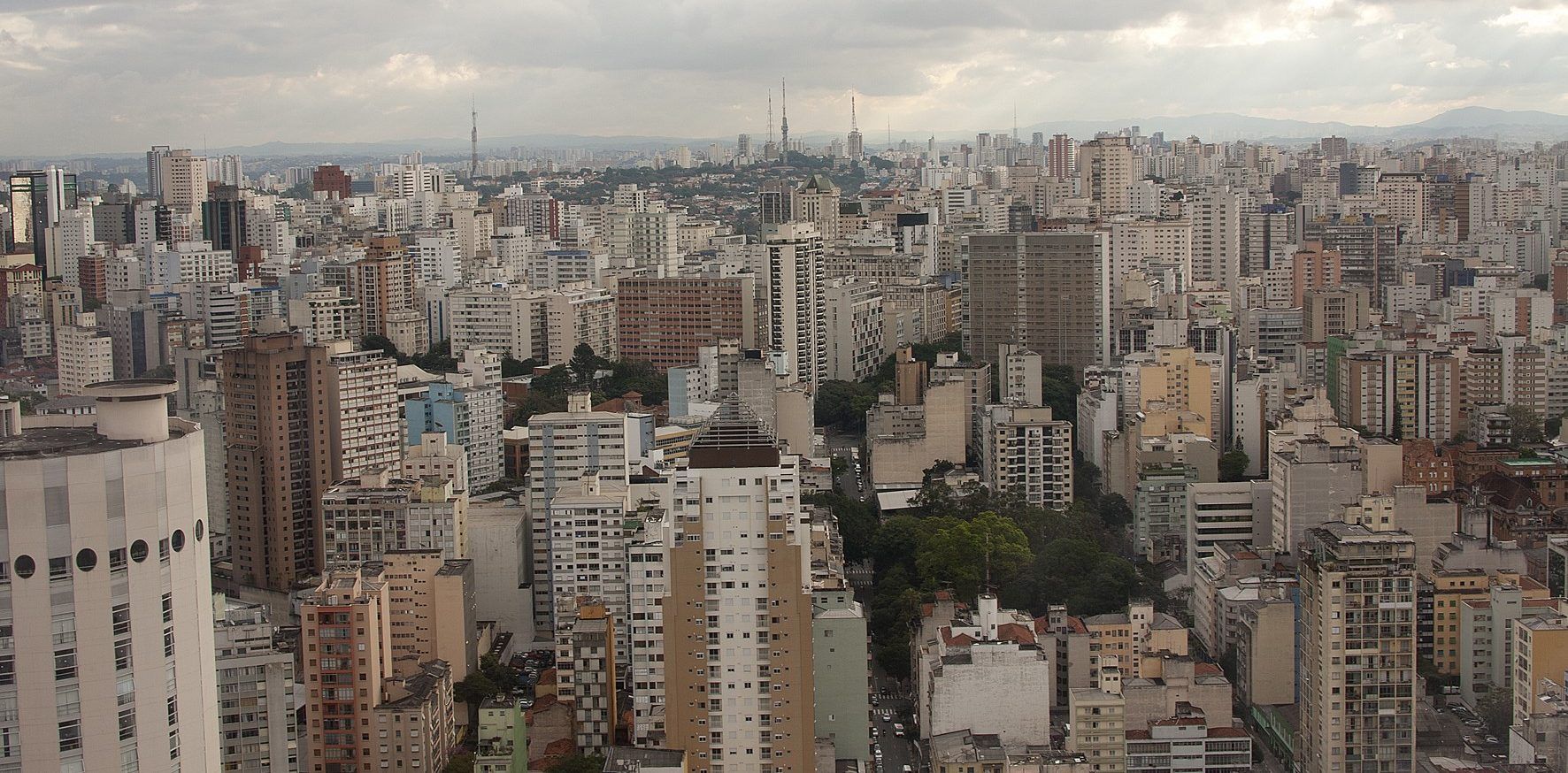Dr. Paulo Saldiva, a physician and professor at the School of Medicine, is the guest speaker at the Institute of Biomedical Sciences to discuss the topic.
By Elcio Silva – Photos – Marcos Santos / USP Images
11/17/2023 – 6:11 PM
The Instituto de Ciências Biomédicas (ICB) at USP is hosting a free lecture on Thursday, November 23, at 9 a.m., titled “Urbanization versus Health-Disease Binomial.” The guest speaker is Professor and Physician Paulo Saldiva from the School of Medicine (FM) at USP, specializing in the effects of air pollution on health. The presentation will be held online through this link.

Professor and Physician Paulo Saldiva is the guest of ICB to discuss the topic.
The full professor at the Department of Pathology at FM explains that the urban environment and its changes pose a new challenge to the field of health: “Housing conditions, mobility options, the use of urban space, and the planning of city functionality are factors that modulate the relationship between health and disease and can determine the balance between life and death.”
According to Saldiva, urban planning public policies should take into account the health effects on the population, aiming to reduce diseases, increase productivity, and improve the quality of life.
“The quantification of the consequences of changes in the urban fabric should necessarily be accompanied by estimates of health effects, not only in illness counts but incorporating the objective valuation of their externalities, both from the perspective of direct health costs and the loss of productivity of the affected population, expressed in years of productive life lost due to disability or premature death.”

Detail of trees in the foreground and background view of pollution in the city of São Paulo. Photo: Marcos Santos / USP Images.
The widespread verticalization in cities, the reduction of green areas, global warming, and other factors such as the lack of basic sanitation, air quality, and exacerbated pollution directly influence the lives and daily routines of people.
The physician emphasizes that “the time has come to formulate the concept of sanitary urban planning, which reorganizes this complex ecosystem where humans inhabit.”
Paulo Saldiva was the host of the Urbanite program, a 100% digital project on TV Cultura, available on the official channel of the network on YouTube. In 12 episodes, the program discusses how the city affects the health and quality of life of its inhabitants.
Service
The online lecture “Urbanization versus Health-Disease Binomial” is organized by the Department of Physiology and Biophysics of ICB, in partnership with the USP 60+ Program, from the Office of the Provost for Culture and University Extension (PRCEU) of USP.
Participation is free via Google Meet at the link: meet.google.com/udr-mjxv-tuh.





